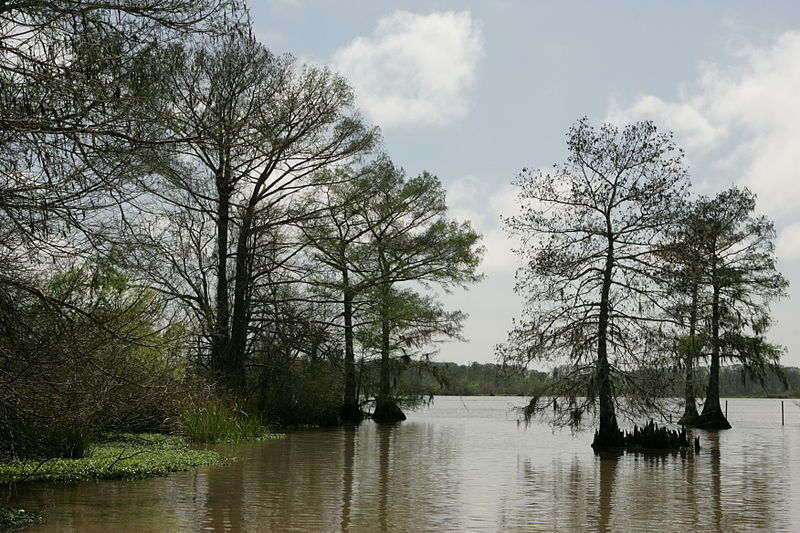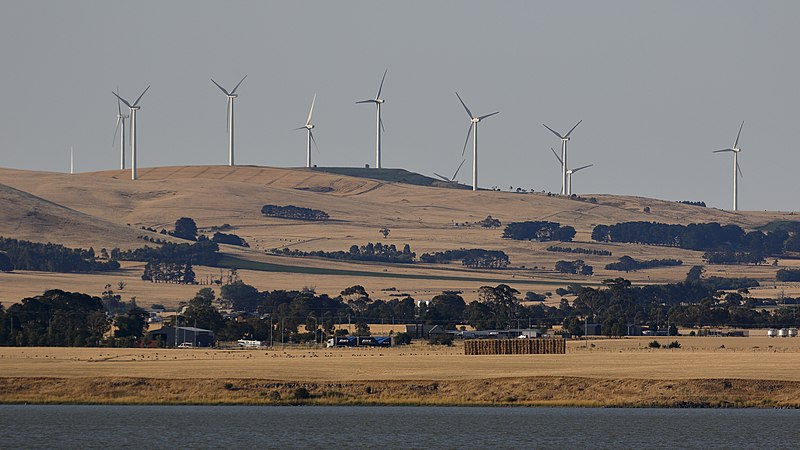May 8 NEC Energy News
¶ “Climate Change Is Bad For Everyone. But This Is Where It’s Expected To Be Worst In The US” • “There are no winners in a world where climate change gets worse,” said Alex Kamins, director of regional economics at Moody’s Analytics and author of a recent study on climate risks in the US. But different places face different risks from climate change. [USA Today]

¶ “In The Southeast, Where Big Utilities Rule, Calls For A Real Power Market Persist” • After ratepayers in South Carolina were saddled with billions in costs for nuclear reactors that were never built, the state legislature commissioned a report. It showed that a range of electric market and transmission reforms would bring benefits for customers. [Georgia Recorder]
¶ “’Mad Panic’ As Russia Evacuates Town Near Zaporizhzhia Plant” • Russia has sparked a “mad panic” as it evacuates a town near the contested Zaporizhzhia nuclear power plant, an official in Ukraine said. After Russia told people to leave eighteen settlements in the Zaporizhzhia region, there were five-hour waits as thousands of cars clogged roads. [BBC]
¶ “Not Enough Wind In Australia’s Grid” • As of October 2022, there were 94 operational wind farms in Australia, totaling 9,234 MW in capacity. But the country needs more wind to balance the grid and add power at night to reduce use of gas. Why encourage wind in this sunny continent? Because wind plus trasmission is cheaper than solar plus storage. [CleanTechnica]

¶ “Reduce Emissions? Fine, But We Need To Do Much, Much More Than That” • The Climate Change Authority, an Australian federal government body, began a recent report by saying: “Time has run out to avoid dangerous climate change by reducing emissions alone.” Limiting warming to 1.5°C is possible only if we find a way to draw down atmospheric CO₂. [The New Daily]
¶ “Canadian Province Of Alberta Declares Wildfire Emergency” • Alberta has declared a state of emergency after wildfires spread across the western Canadian province, driving nearly 25,000 people from their homes. Faced with more than 100 wildfires, Alberta’s Premier Danielle Smith called the situation in the province “unprecedented.” [BBC]
For more news, please visit geoharvey – Daily News about Energy and Climate Change.
